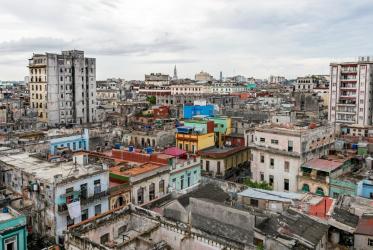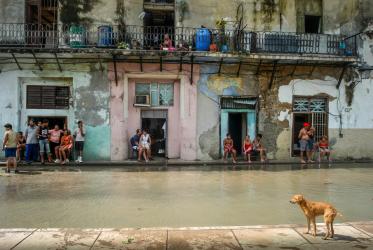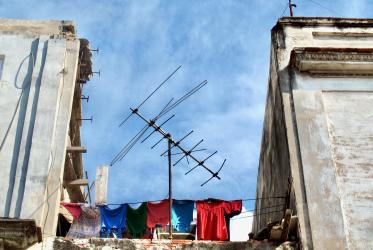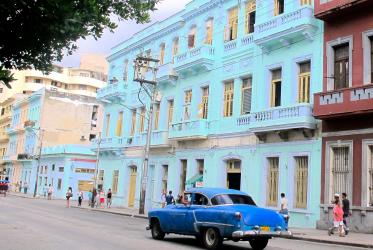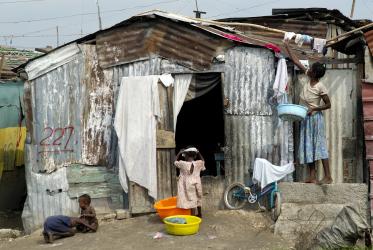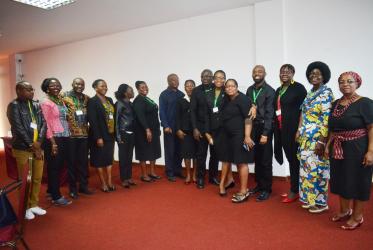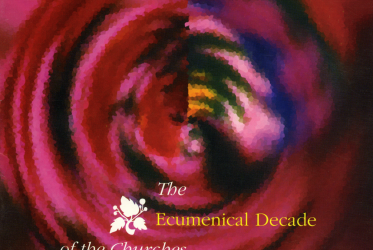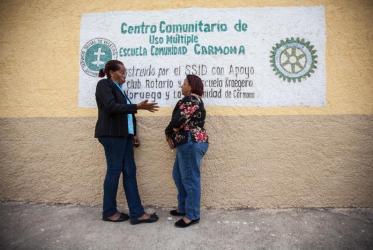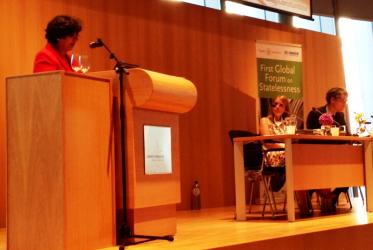Displaying 1 - 20 of 22
28 March 2024
WCC prays for Haiti in wake of 7.2-magnitude earthquake
16 August 2021
Workshop in Jamaica focuses on human rights
16 May 2019
Church leaders address statelessness in Dominican Republic
03 February 2015
Church voices address statelessness at The Hague Global Forum
19 September 2014
Churches advocate for the rights of stateless people
15 September 2014
Church leaders affirm Cuban religious reforms
09 July 2013

